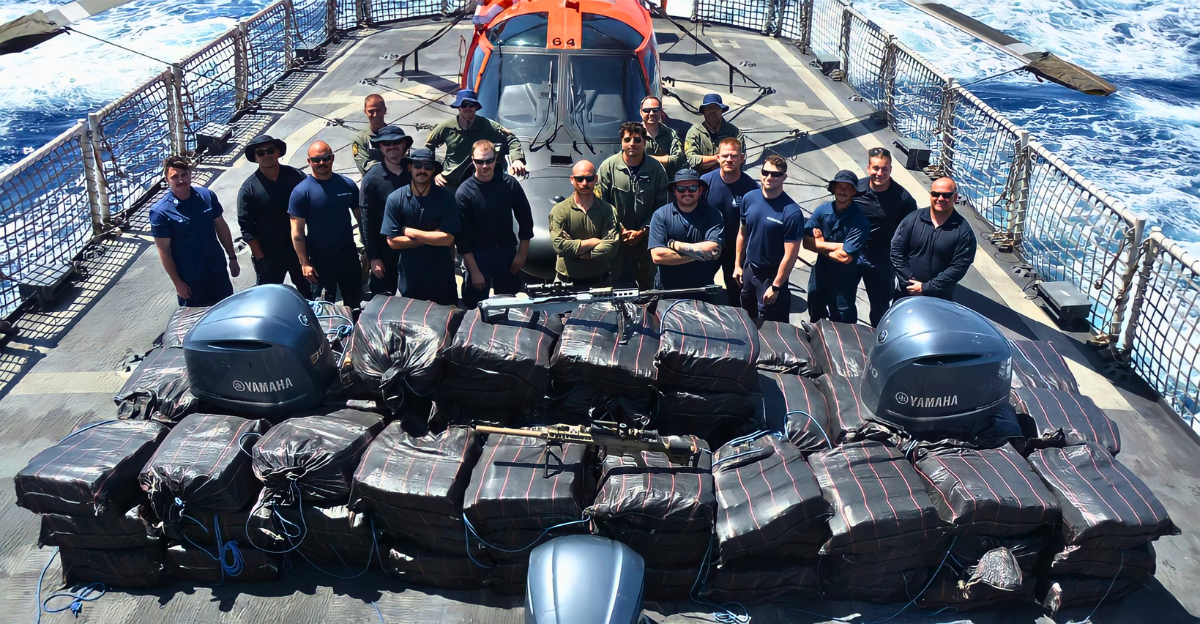
Something remarkable happened off the coast of Florida. The U.S. Coast Guard executed a major operation that shattered all previous records.
A staggering quantity of illegal narcotics was intercepted and offloaded, valued in the hundreds of millions.
There’s a shocking comparison involved, one that underscores the enormity of the seizure. But let’s pause before revealing the full details.
This event reflects an intense, multi-agency effort across vast stretches of ocean, and the scale is hard to fathom.
More will come. Stay with me as we uncover exactly what was seized, who was involved, and what it means.
A Record-Breaking Operation Begins
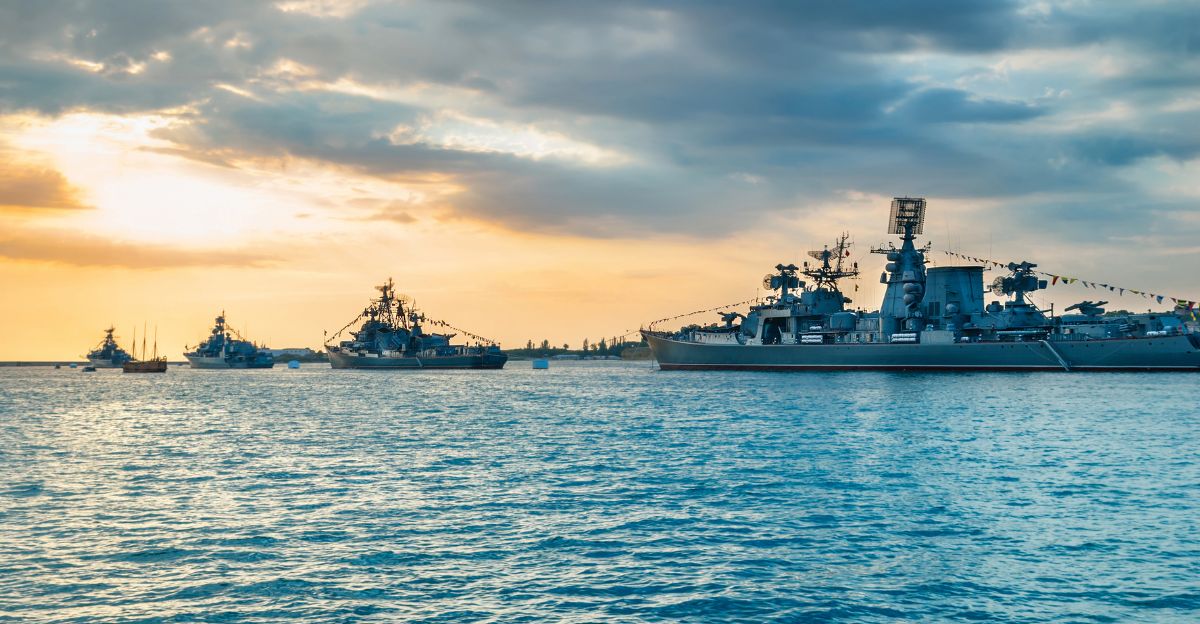
In a series of coordinated operations spanning from late June to mid-August 2025, the Coast Guard led 19 interdictions in international waters across the Eastern Pacific and Caribbean.
These efforts involved cooperation with the Navy, international partners, and homeland security agencies. Vigilance, planning, and persistence were key in mounting this historic maritime law enforcement campaign.
Assets and Collaboration
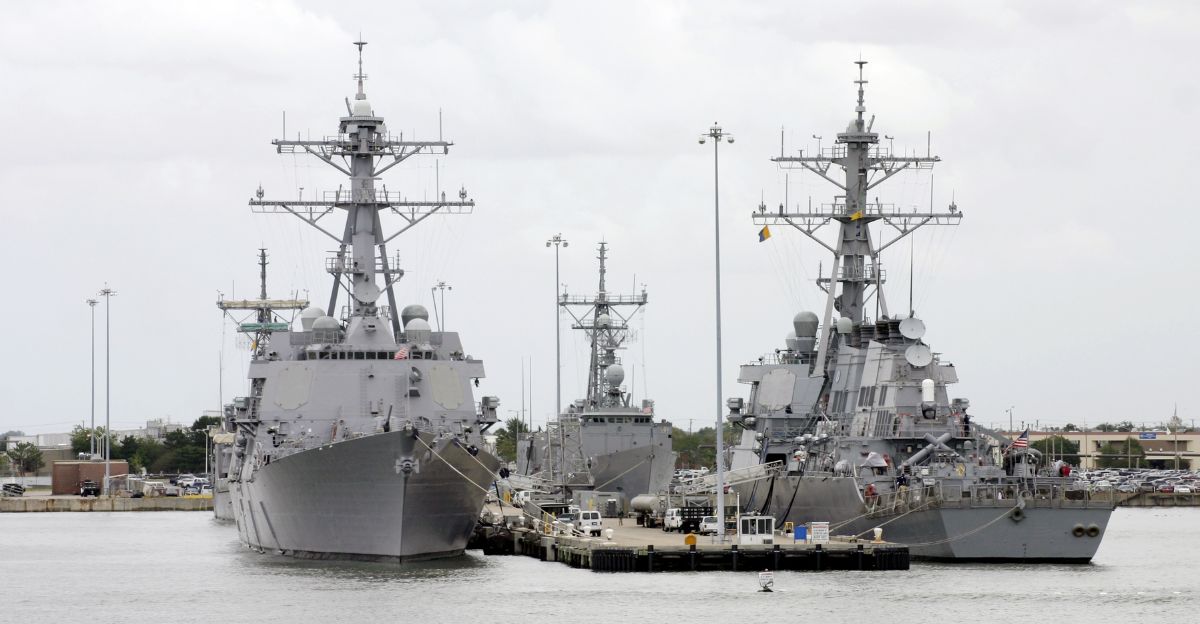
Multiple Coast Guard cutters took part, including the Hamilton, Diligence, and Vigilant, alongside U.S. Navy warships and a Dutch naval ship.
Aircraft from the Coast Guard and Department of Homeland Security supported detection and interdiction efforts. This expansive coordination spanned air, sea, and international boundaries.
The Massive Off-load
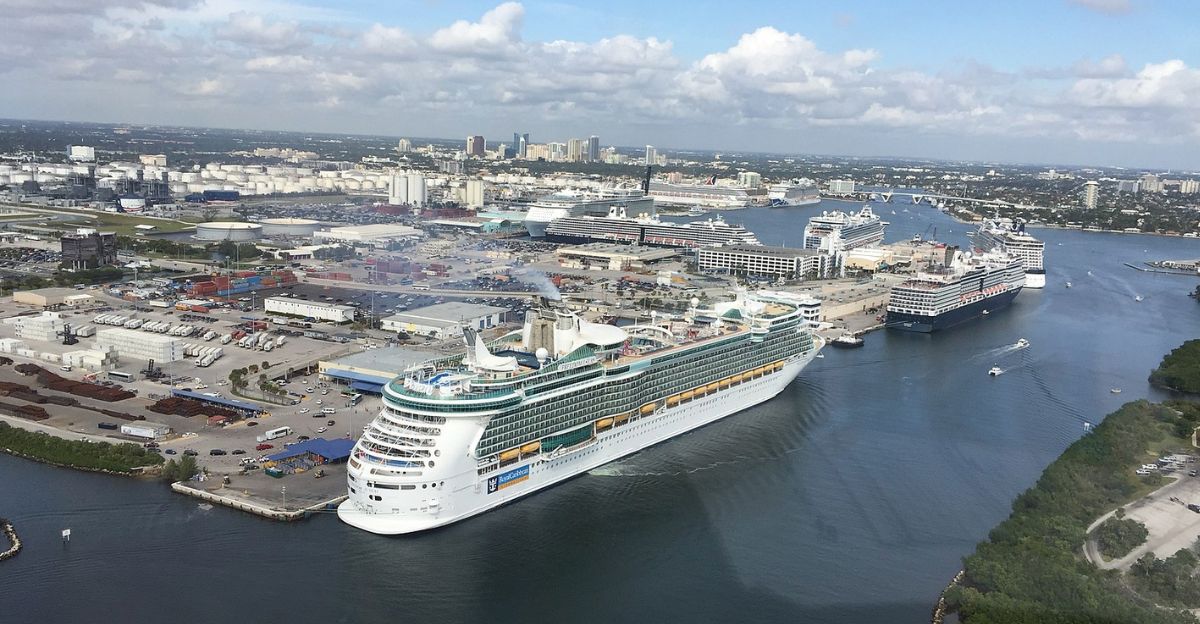
At Port Everglades, Florida, the Coast Guard offloaded the largest haul in its 110-year history: over 76,000 pounds of illegal drugs, valued at approximately $473 million. This single offload is unmatched in the service’s history.
Breakdown of the Seizure

The haul included approximately 61,740 pounds of cocaine and 14,400 pounds of marijuana. Together, these substances represent an unprecedented amount intercepted before reaching U.S. shores.
Scale in Lethal Doses
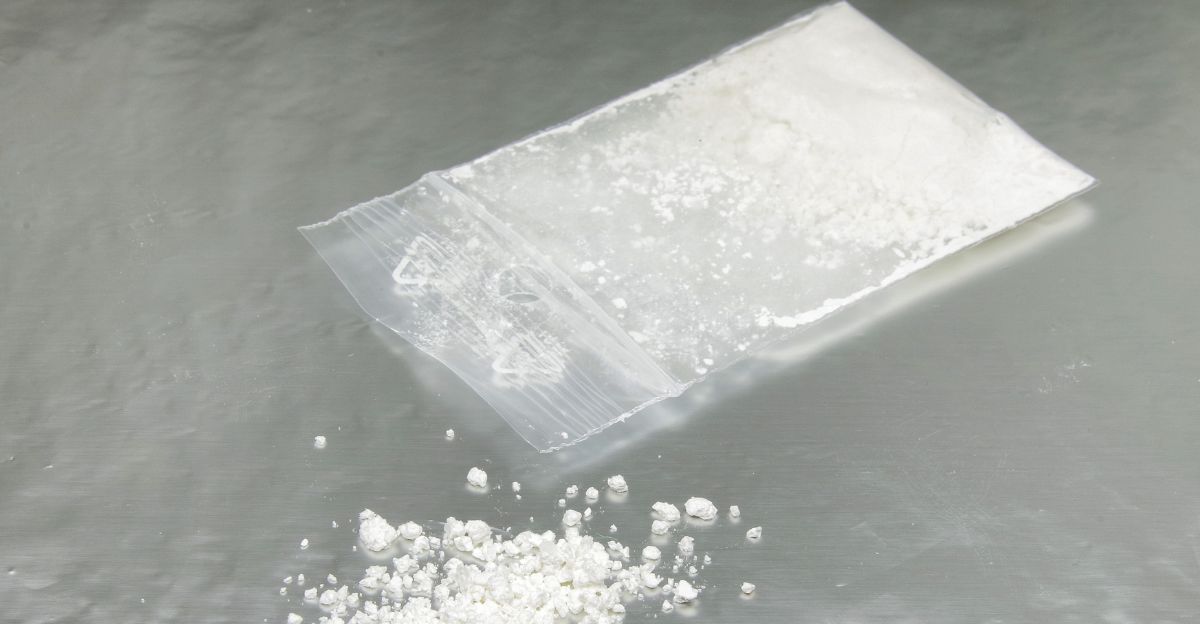
To grasp the scale, officials estimate the quantity of cocaine alone could amount to 23 million potentially lethal doses: enough to fatally overdose the entire population of Florida.
Hamilton Hands On
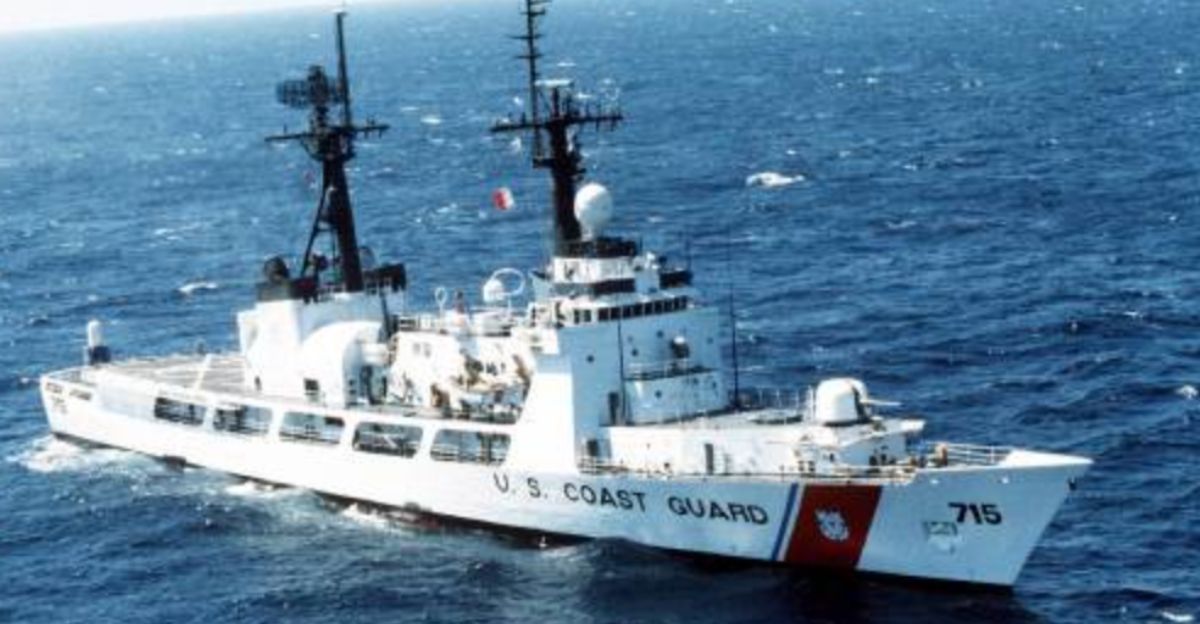
The Coast Guard Cutter Hamilton played a critical role; its crew alone interdicted 11 “go-fast” vessels, detained 34 suspected traffickers, and seized 47,000 pounds of cocaine: all record figures for a single cutter.
Stepping Up Counter-Drug Efforts
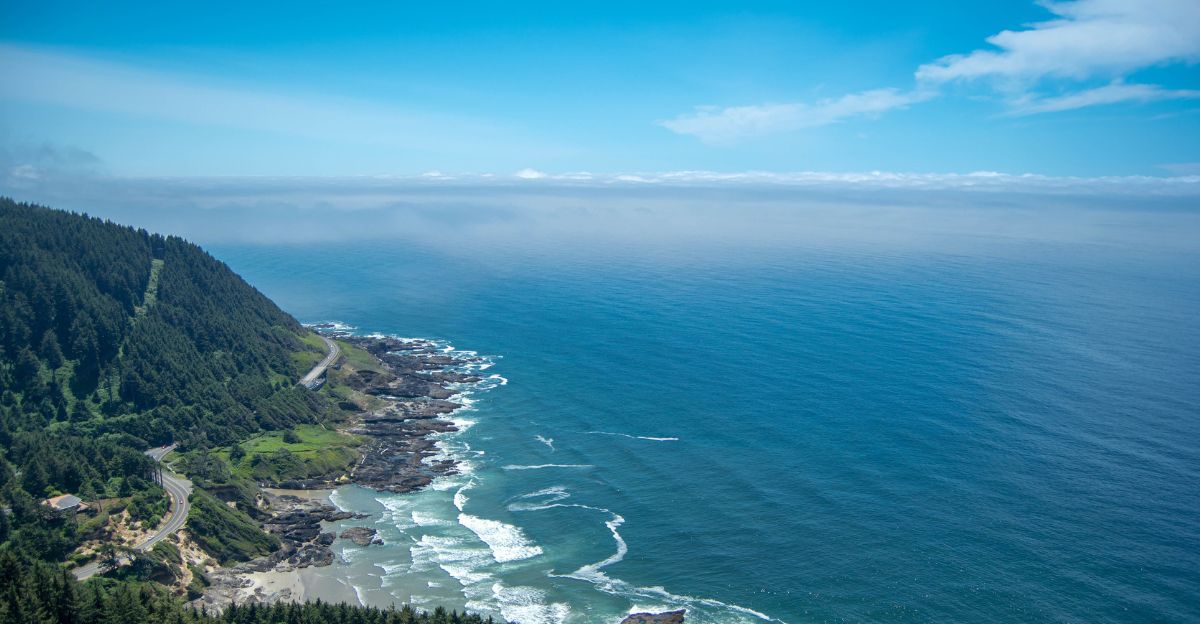
Following this operation, the Coast Guard announced an acceleration of its counter-drug operations in the Eastern Pacific, aiming to disrupt more transshipment routes and cartel networks operating by sea.
Cartels and Public Safety

According to Rear Admiral Adam Chamie, the scale of the seizure highlights the grave threat transnational criminal organizations pose, particularly with rising production of fentanyl enabled by cartel profits.
International Reach
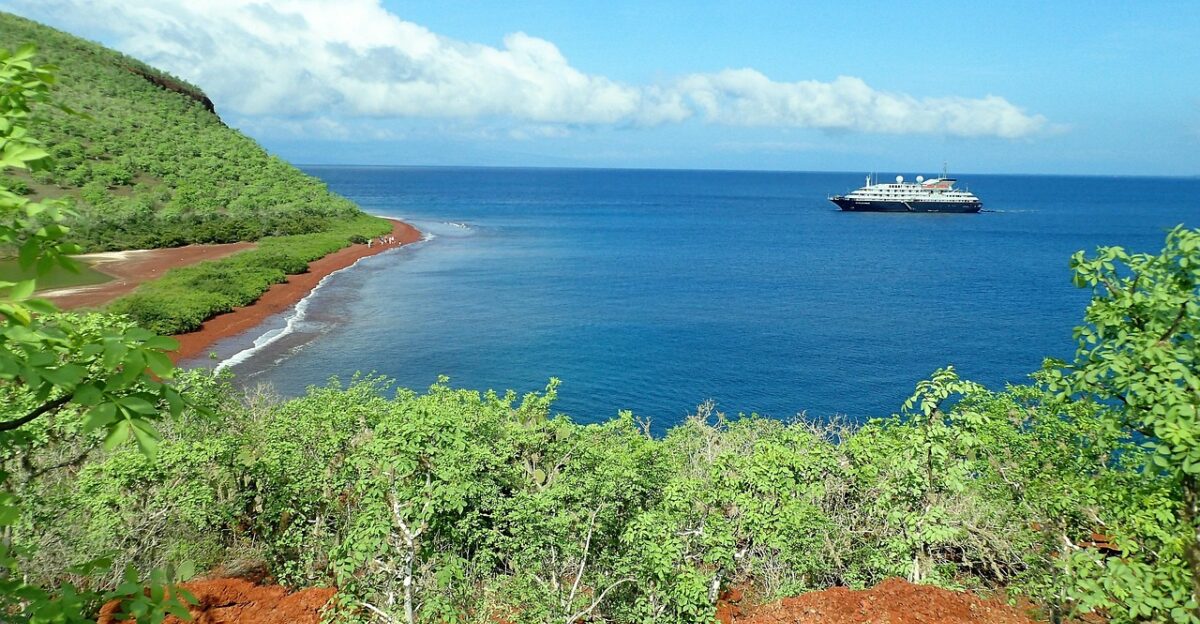
Interdictions occurred across broad areas, near Ecuador’s Galapagos Islands, off the coasts of Venezuela, Jamaica, Mexico, and more, demonstrating that drug trafficking spans vast, global maritime routes.
Building on Past Records
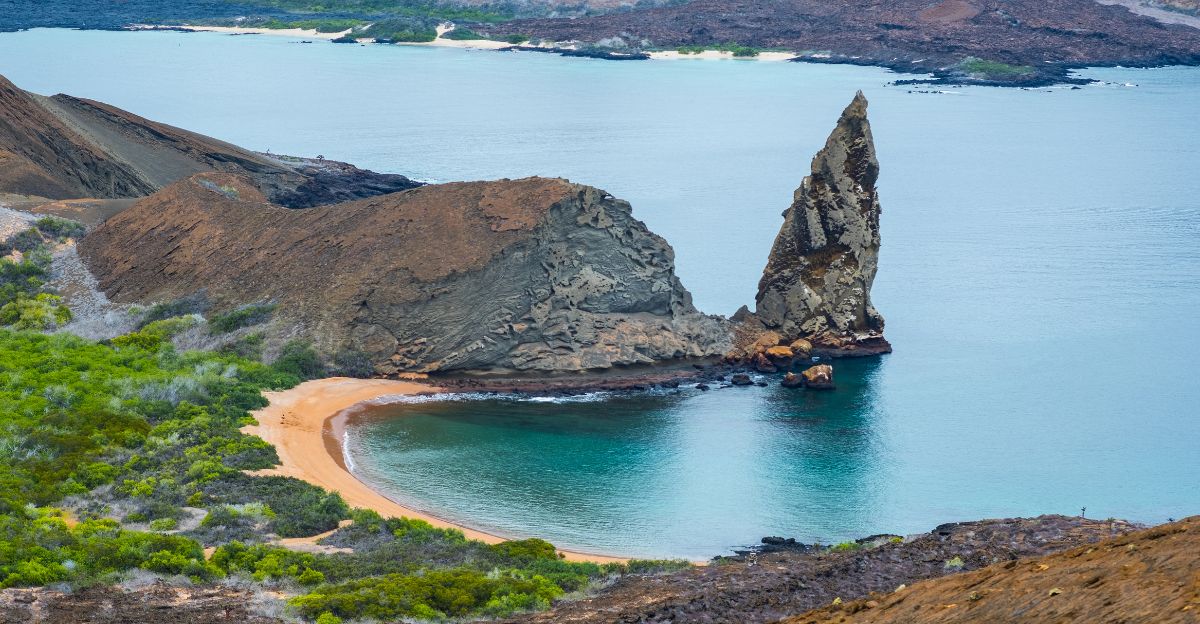
This seizure surpasses the previous Coast Guard record from 2021, which was about 61,130 pounds of illicit drugs, now clearly eclipsed by this haul.
Strategic Impact

By intercepting such a volume, the Coast Guard delivered a serious blow to cartel revenue streams and disrupted potential avalanches of deadly substances reaching communities.
A United Front
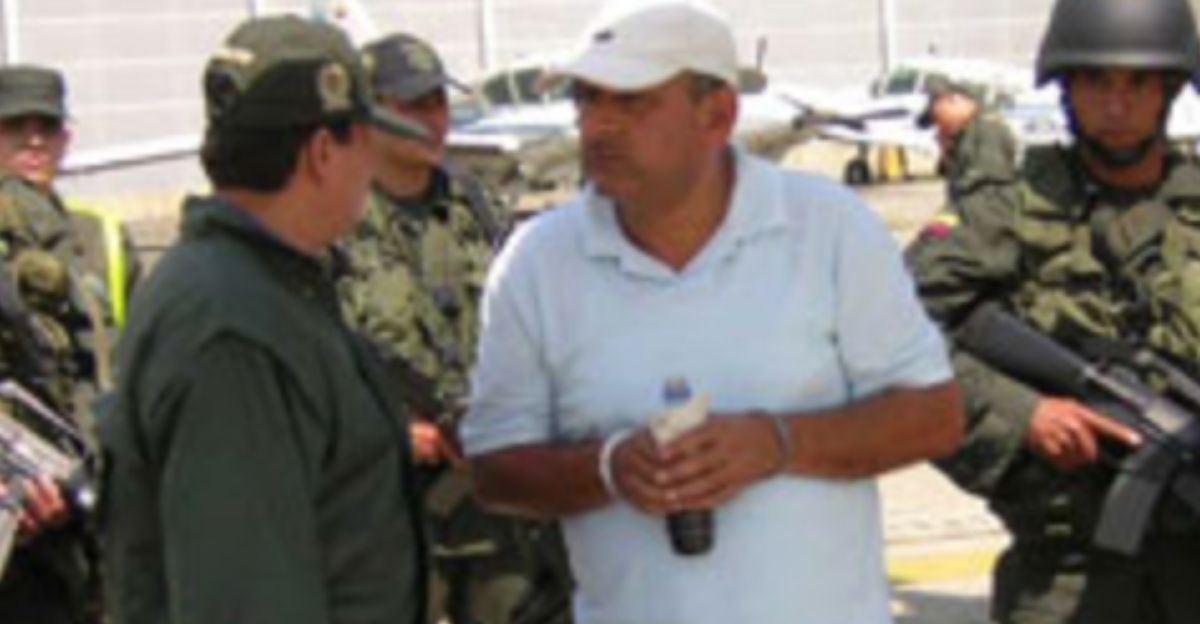
This success results from collaboration across U.S. and partner nations. Agencies including DHS, Navy, Customs and Border Protection, and the Dutch Navy all contributed to this outcome.
Voices from the Front
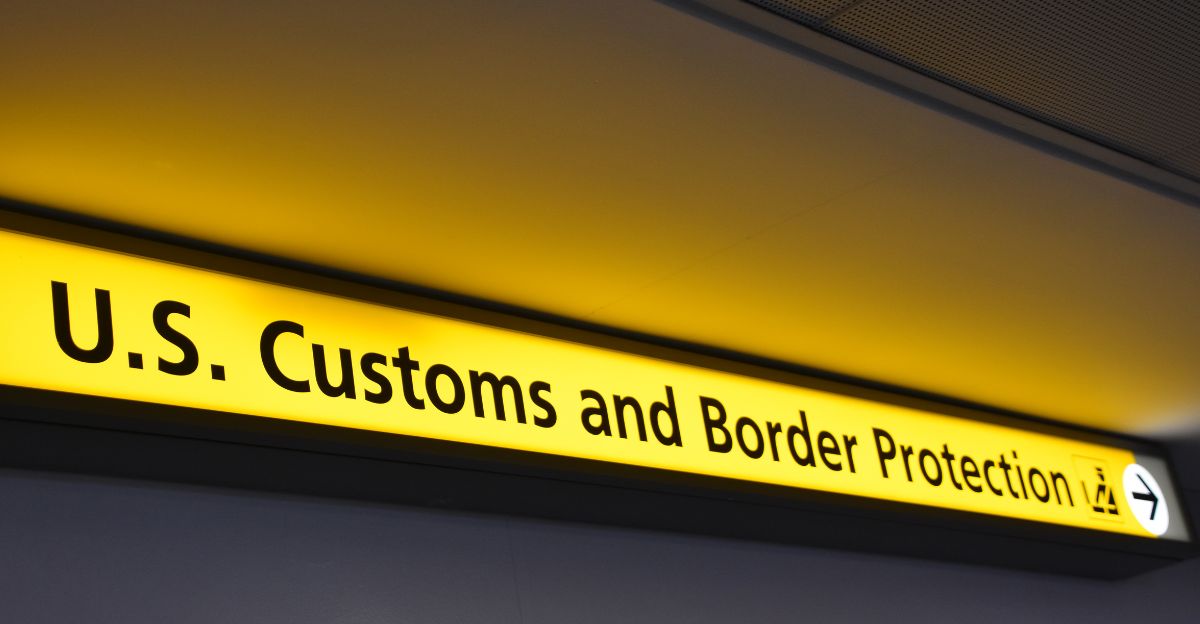
Rear Admiral Chamie praised crews’ dedication, while Capt. John McWhite of the Hamilton stressed that this operation made the difficult work worthwhile, and made communities safer.
Operation Pacific Viper
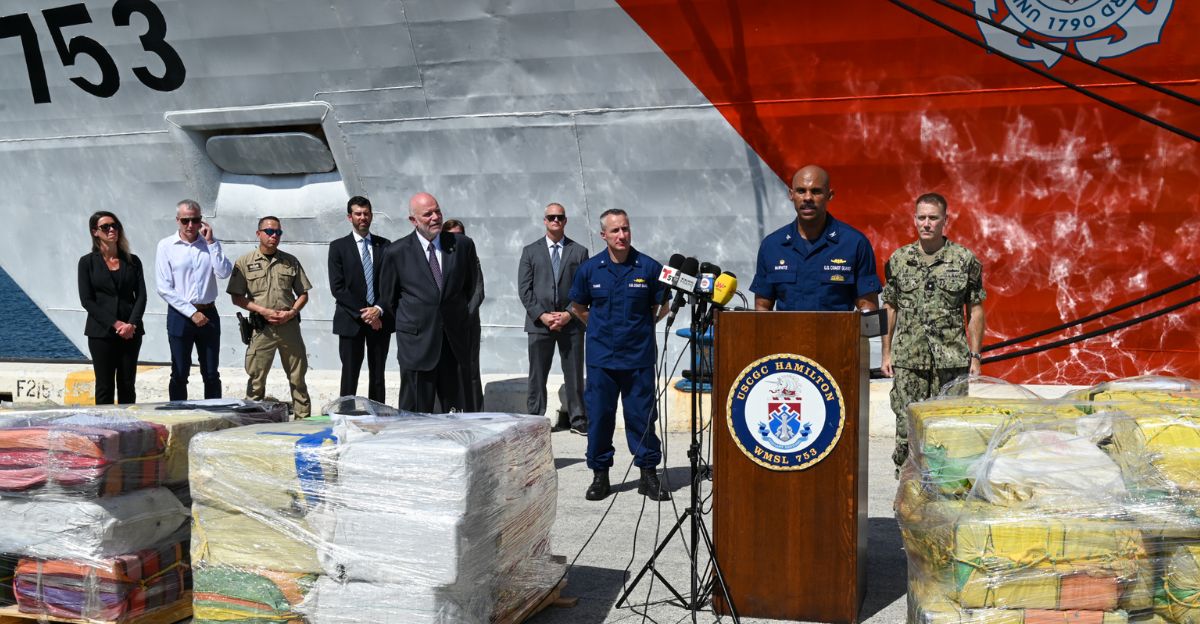
Dubbed Operation Pacific Viper, this surge operation signals a new, forceful approach to prevent drugs and human smuggling from reaching U.S. shores, even before they get close.
A Broader Push
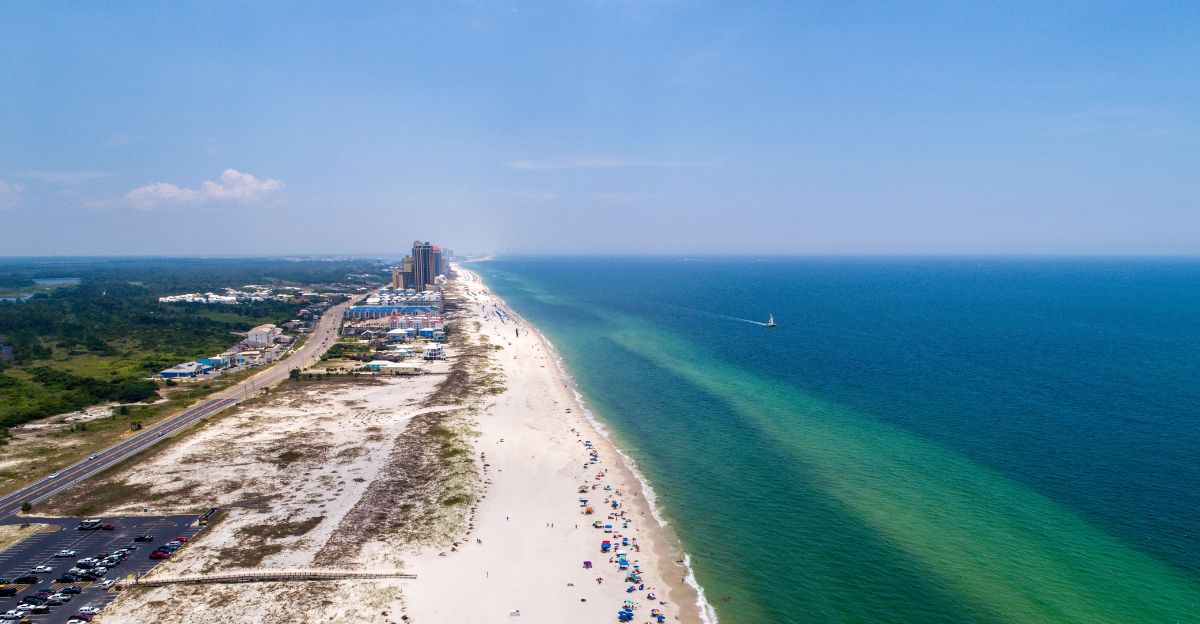
This latest seizure builds on earlier efforts, such as a January–April patrol where the Coast Guard seized over 48,000 pounds of cocaine and marijuana and detained 34 suspects in a separate $510 million bust.
National Security Implications
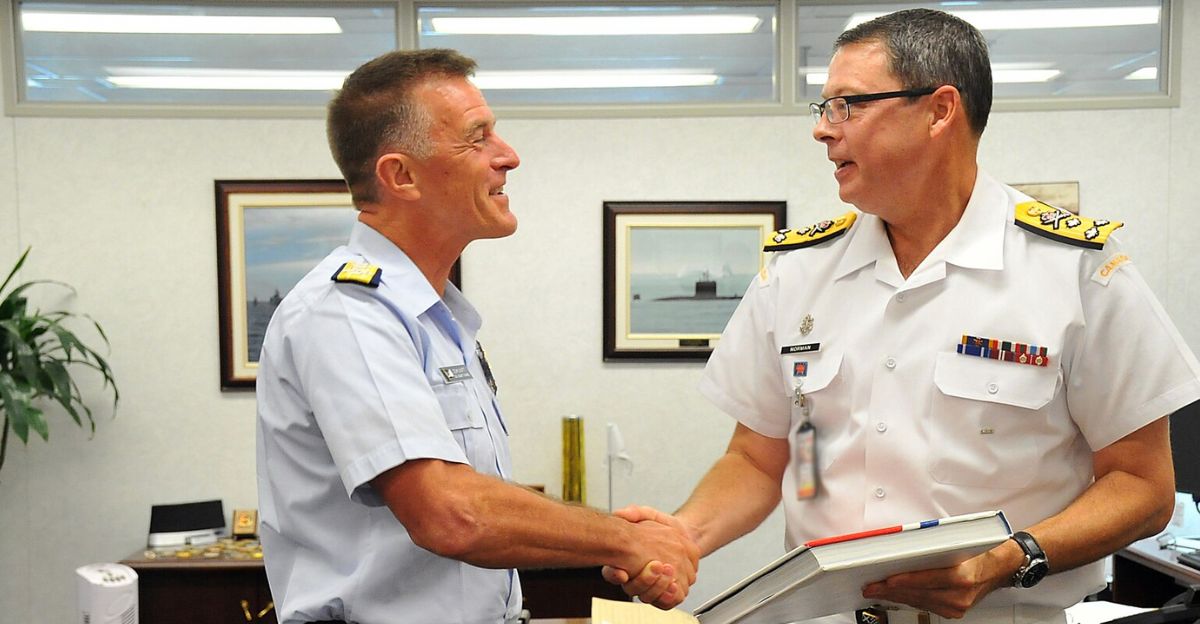
The operation underscores how drug cartels are more than criminal networks: they pose threats to public health, national security, and the stability of communities at home.
Maritime Strategy Pays Off

Roughly 80% of drug trafficking occurs via sea. Effective maritime law enforcement, like this operation, proves how strategic interdiction keeps dangerous drugs off U.S. streets.
What Comes Next?
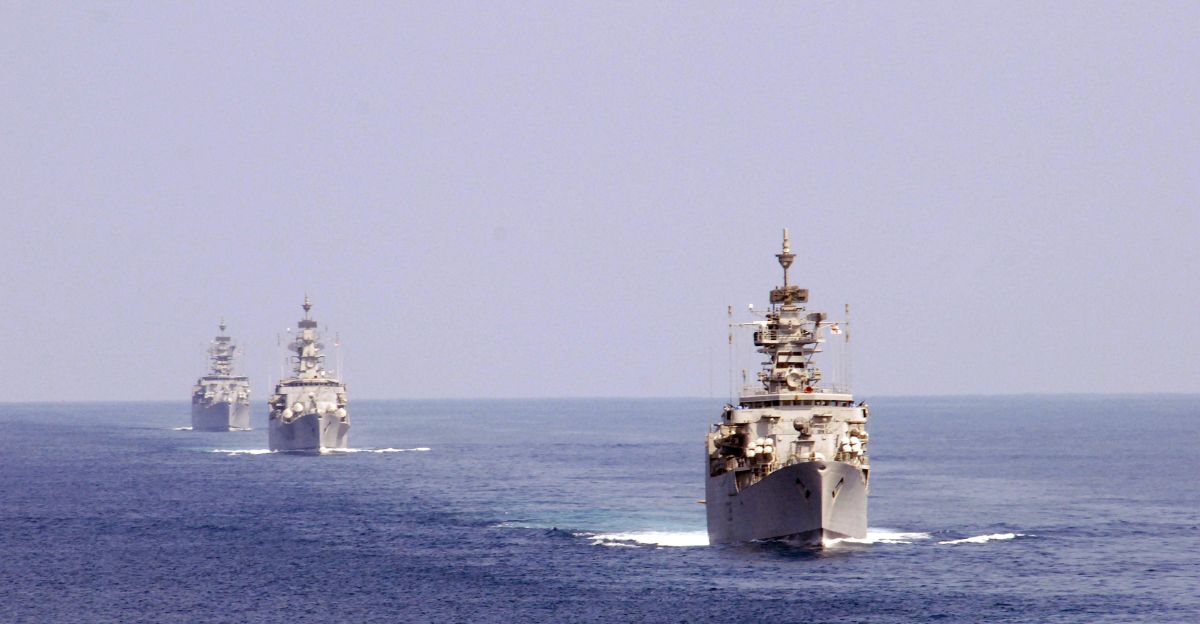
The Coast Guard continues to scale operations, deploy assets, and partner internationally to combat drug routes. This long-term push seeks to weaken cartels and safeguard Americans.
Final Thought
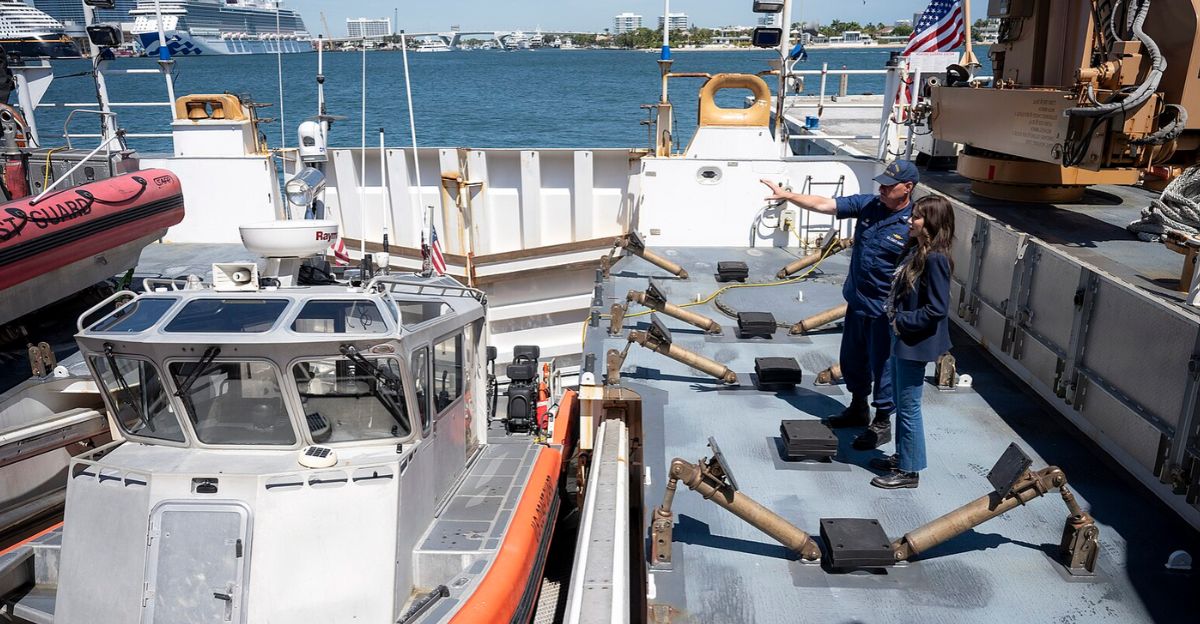
A maritime team stopped enough lethal drugs to threaten an entire state before they even arrived. This is not sensationalism, but the reality of modern law enforcement at sea: decisive, coordinated, and essential.